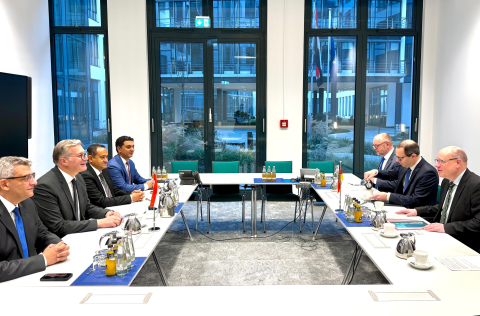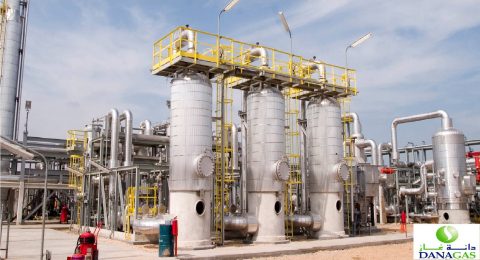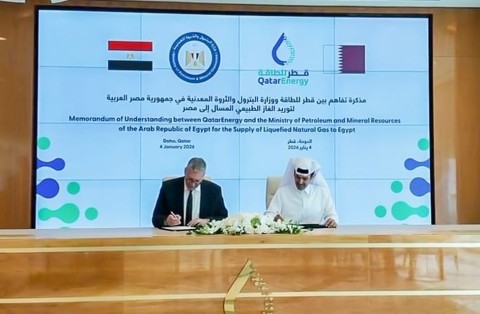Energy and foreign currency shortages will be the primary challenges facing Egyptian industry in the coming year, All Africa reports in an interview with Egyptian industrialists. Energy shortages have cut production in factories, while currency shortages have cut industry’s ability to import raw material inputs.
“For the first time in 40 years, the factory stopped producing for 20 days during September and October, because the material and components would be delayed in ports as banks were unable to measure the dollar,” Mennatullah Sadek, Director of Investment for GB Auto said.
As a result of these shortages, exports dropped by 17.5% through October. The Egyptian pound was devalued three times in 2015, making imports of raw materials and equipment much more expensive for Egyptian producers. The Egyptian pound is expected to be further devalued in 2016 to more than EGP8 per $1.
Magdy Talba, Chairman of Cairo Cotton Company, said that the currency crisis delayed important letters of credit for the imports of raw materials required for industry. This led to a shortage of raw material and an increase in prices. Further, loans became more difficult as banks lent industrial companies with an investment rate of up to 14% and 15%, imposing extra costs on local producers, making it hard for them to purchase imported materials for production, as Talba explained.
The depreciation of the pound also hindered various exporters: “It was expected that as an exporter I would benefit from the devaluing of the pound, because my products will become cheaper in the international markets, but the lack of hard currency led to a decrease in production and we were unable to increase exports,” Talba said. The chairman believes that price increases in “water, electricity, fuel and insurance and rents… is what has removed the local producer from domestic and international competition.”
Currency problems, which have plagued Egyptian industry for four years, but which seem to be becoming more serious, have been made worse by energy shortages. Samir Naamany, the Commercial Director of Ezz Steel, the largest producer of iron and steel in the Middle East, said that “the biggest problem we faced in 2015 was the lack of energy, which led to a decline in production and exports in our factories.”
EGAS, the Egyptian Natural Gas Holding Company, has said that gas to factories decreased by around 22% in 2015. However, industrial gas supplies have increased in lower-demand winter months, which factories hope continue. “The gas supplies are now more regular and we hope that this problem does not recur in 2016,” Naamany said.












